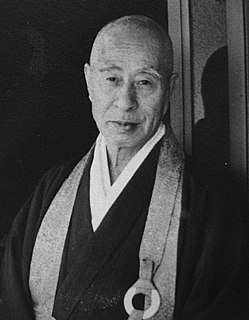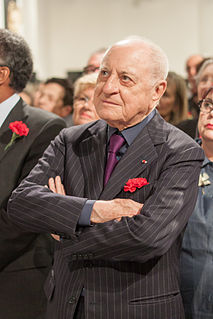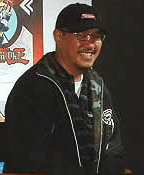A Quote by Zenkei Shibayama
Zen is the way of complete self-realization; a living human being who follows the way of Zen can attain satori and then live a new life as a Buddha.
Related Quotes
Zen abhors repetition or imitation of any kind, for it kills. For the same reason Zen never explains, but only affirms. Life is fact and no explanation is necessary or pertinent. To explain is to apologize, and why should we apologize for living? To live—is that not enough? Let us then live, let us affirm! Herein lies Zen in all its purity and in all its nudity as well.
The basic idea of Zen is to come in touch with the inner workings of our being, and to do this in the most direct way possible, without resorting to anything external or superadded. Therefore, anything that has the semblance of an external authority is rejected by Zen. Absolute faith is placed in a man's own inner being. For whatever authority there is in Zen, all comes from within.





















